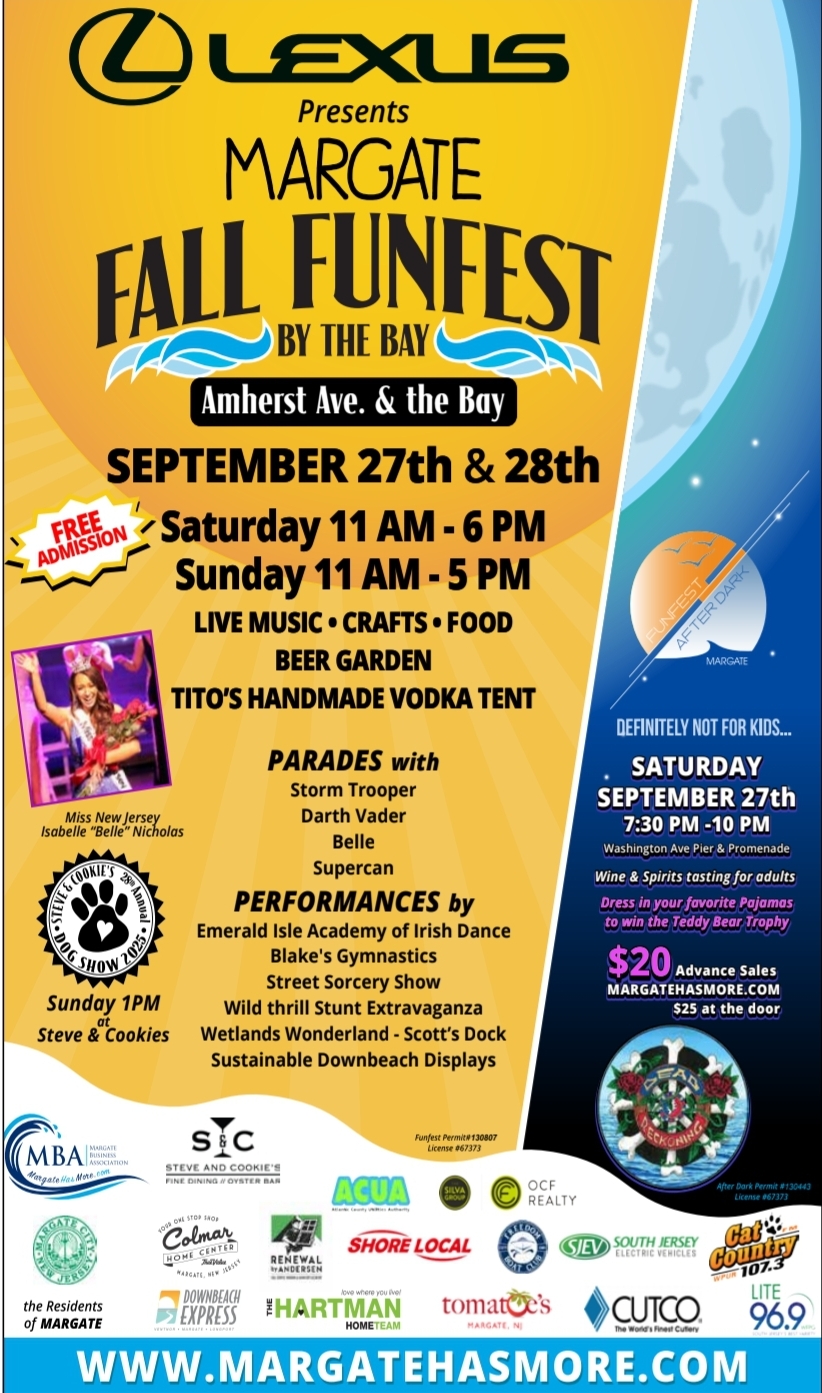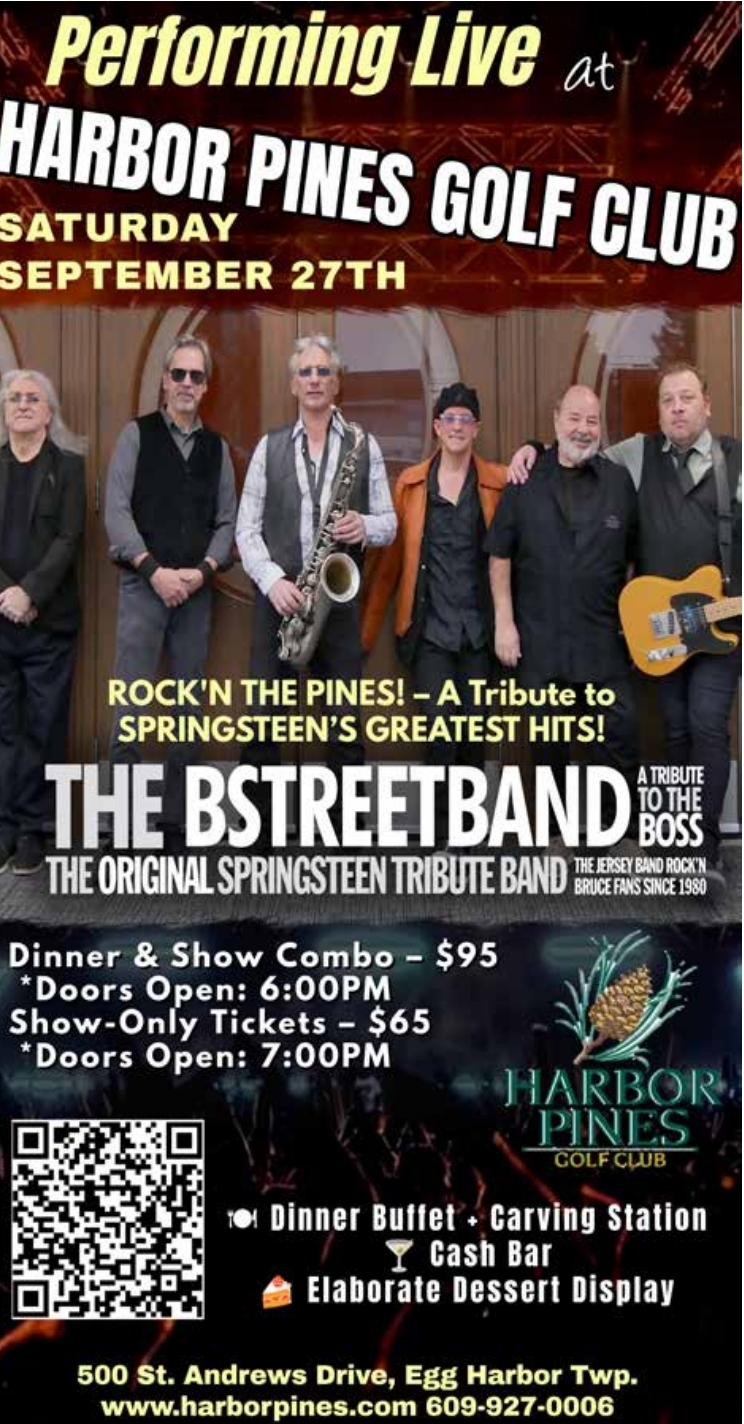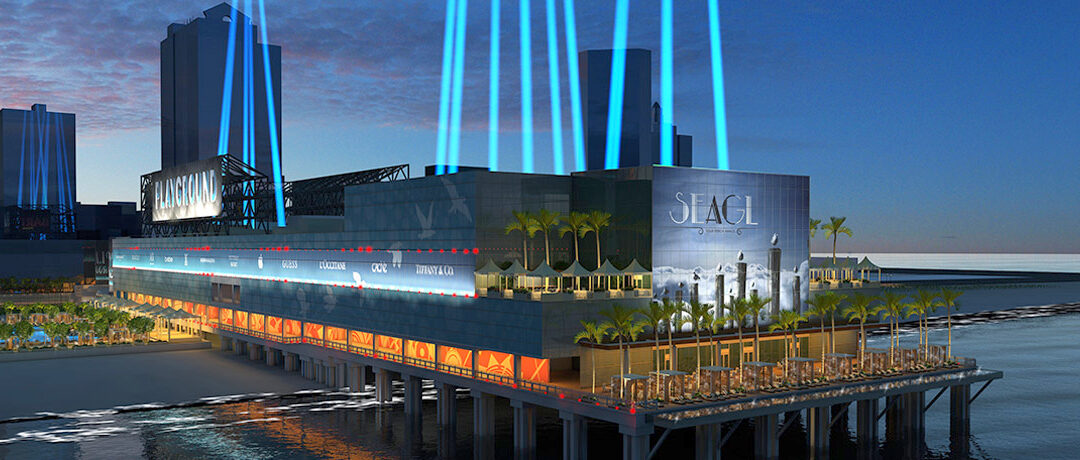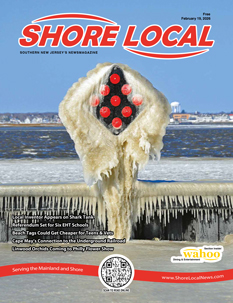Had it not been for the entrepreneurs, the business people, the visionaries, the politicos, the dreamers, the inventors and the investors, there would be no Atlantic City as we know it.
Think about it. The Atlantic City Boardwalk was the 1870 brainchild of a train conductor named Alexander Boardman who came up with the concept to prevent tourists from tracking sand into hotels and railroad cars.
Amusement piers? A man named Colonel Howard came up with the idea and he opened Howard’s Pier in 1882.
The Miss America Pageant? It was born in 1921 when the Atlantic City Businessmen’s League was looking for a way to extend the summer season. The League Inter-City Beauty Contest eventually became the Miss America Pageant.
Those are just three examples of ideas that worked very well.
But through the years, some concepts – many thought to be “can’t miss” propositions – just did not pan out in Atlantic City.
The Revel Hotel and Casino, for example, was opened in 2012 but closed in 2014 because its high-end target market did not exist.
The idea for opening a branch of Philadelphia’s venerable Pat’s Steaks in Atlantic City was expected to be an instant moneymaker. Unfortunately, no one bothered to consider that the city was already home to White House Subs, known by many for having the best cheesesteaks in the country.
Then there was the whole idea of bringing minor league baseball to Atlantic City. Although minor league ball was played in the city with middling success in the late 1800s and again from 1998 to 2008, it just did not work here, and there has been no minor league baseball in Atlantic City for 17 years.
Bart Blatstein is known as a master developer, entrepreneur and idea man who has made the Showboat into a success after its days as a casino ended in 2014.
His popular Island Waterpark is possibly the first attraction in the city geared to attracting visitors year-round. The next Blatstein attraction to open on the Boardwalk at the Showboat will be the Fusion Beach Club, an outdoor gym complete with basketball courts, bars and restaurants.
Blatstein deserves credit for being one of the few developers who is actively addressing the issue of making the city a year-round tourist destination.
But even visionaries like Blatstein have a misstep now and then, and one of those missteps – still visible today – was something called The Playground, opened in 2016 on the site of what was once the Million Dollar Pier, later the Ocean One Mall and even later, The Pier Shops at Caesars.
The idea was impressive, ambitious and innovative in that it was one of the first non-casino projects aimed at helping make Atlantic City a year-round tourist destination once and for all.
In a 2015 article in Philadelphia Magazine, writer James Jennings reported: “Blatstein, along with Steelman Partners, is in the midst of a massive transformation project to take it from a seldom-visited mall with plenty of empty storefronts, to what’s now dubbed The Playground, a development that Blatstein said would help remake Atlantic City into the entertainment capital of the East Coast.”
As the developer envisioned it, The Playground’s tenants would be world-class restaurants and live music venues – “akin to Beale Street in Memphis,” Blatstein said.
Envisioned were high-end retailers like Gucci, Apple and Tommy Bahama; sports bars, a bowling alley and an outdoor, live entertainment venue that would front on the beach. Noted restaurateurs like Stephen Starr bought in, as did a number of retailers, restaurants, bars and clubs.
After spending some $52 million on revamping the pier, The Playground, though still incomplete, with some projected tenants not yet moved in, opened in late June of 2015.
“I’m coming into an area that everybody else is running out of,” Blatstein told the Courier-Post at the grand opening. “But that’s what I do. I fix problems; I’m the handyman. Either I’m really smart, or I’m a moron. The pier was 55 percent vacant and it was bleeding. I’m a sucker for a turnaround story.”
To his credit, Blatstein and his partners even addressed the issue that some claimed brought down the mall in its previous incarnation: parking.
While still accessible from Caesars, the plan was that The Playground would offer $15 valet parking nearby and free surface parking with a shuttle to a facility where the Sands casino used to stand.
“Trendy.” That was the byword that best described The Playground. And “trendy” may have been what brought it down.
A little over four years after its opening, Bart Blatstein sold the pier back to a subsidiary of Caesars Entertainment saying that he intended to concentrate his efforts on bringing gambling back to the Showboat.
Business was booming at The Playground for a while, perhaps mainly out of curiosity, but it wasn’t long before foot traffic declined and some retailers began to depart. There is no definitive reason for The Playground’s failure. What we do know is that parking was again an issue and that a slew of high-end retail shops and restaurants found that they could not depend solely on Boardwalk foot traffic for survival.
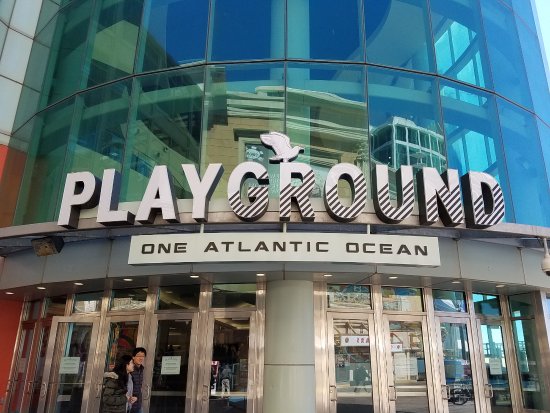
The old Ocean One Mall, which originally replaced the Million Dollar Pier, worked well for a time, as it was filled with souvenir shops, lower-end retailers and mid-priced restaurant chains like the Italian Bistro that were foot-traffic magnets. Long after the fact, Blatstein cited economic and operational issues as reasons behind The Playground’s downfall.
But in retrospect, the failure of Revel, which opened in 2012 and closed a year before The Playground opened, served as ample evidence that there’s not really a market for anything truly “high end” on the Boardwalk.
There is no doubt that Bart Blatstein is a visionary who loves Atlantic City, and that he’ll do anything possible to help the city realize what he sees as its unlimited potential. To be a successful visionary, one has to take chances, and from time to time, those chances don’t work out.
The Playground didn’t work out. But in Blatstein’s case, let’s look at what did.
Bruce Klauber is the author of four books, an award-winning music journalist, concert and record producer and publicist, producer of the Warner Brothers and Hudson Music “Jazz Legends” film series, and performs both as a drummer and vocalist.

